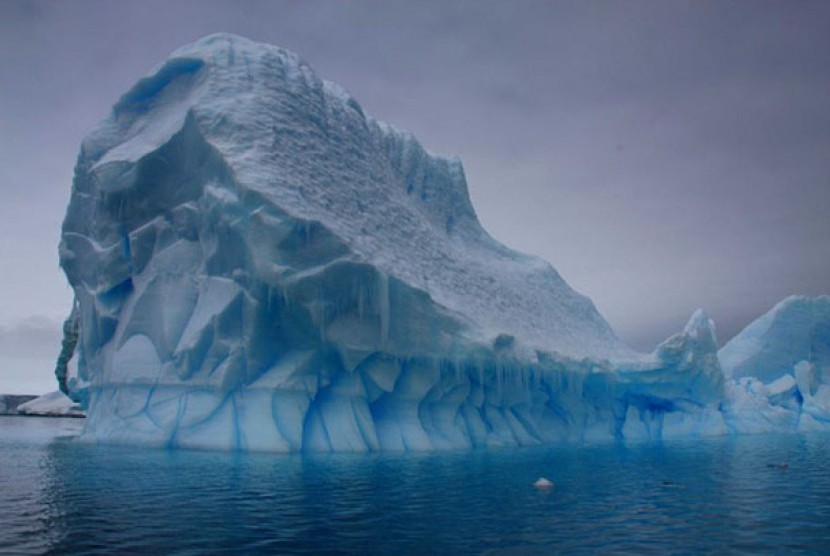REPUBLIKA.CO.ID, JAKARTA -- The exploration of the Arctic's natural resources has been opened to countries around the world, including Indonesia, an academic of International Relations from the Moscow State Institute, Oleg N. Barabanov, said at the Jakarta Geopolitical Forum here on Friday.
The statement was in response to a question posed by one of the participants of the Jakarta Geopolitical Forum on the condition of the iced northernmost continent, which according to some studies is melting down.
According to Oleg, all countries in the world, including Indonesia, can join in the exploration of natural resources in the Arctic.
"There is currently a liquefied natural gas drilling activity conducted by Russia involving contractors from Asia Pacific countries," Oleg said, adding that the Arctic exploration is of interest to the global maritime nexus.
The Artic Report Card of 2016 mentioned that the Earth's temperature has warmed by about 0.9 degrees Celsius since 1880.
Meanwhile, temperatures in the Arctic rose twice over the same period.
Also read: Antarctica turns greener as climate changes: Study
The report also showed that between October 2015 and September 2016, the Earth's surface temperature was 3.5 degrees Celsius warmer than the early 1900s.
The ice melting in the Arctic has opened new shipping lines from Western Europe to East Asia that are more cost efficient while allowing the exploration of natural resources beneath the surface of the continent.
Russia, whose coastline makes up for more than half of the total Arctic, gets many benefits from that condition.
The Jakarta Geopolitical Forum is organized by the Indonesian National Resilience Institute (Lemhanas) in Jakarta and started on May 18 and will conclude on May 20. Its theme is, "Geopolitics in a Changing World."
Speakers at the event included academics, government officials and the media from Indonesia, the United States, Australia, Belgium, China, Britain, Japan, Canada, Egypt, Norway, France, Russia, Singapore and Turkey.
Topics discussed at the forum were global peace and security, development in the global economy, extremism, radicalism and terrorism, the environment and climate change, as well as migrants, refugees and victims of natural disasters.


